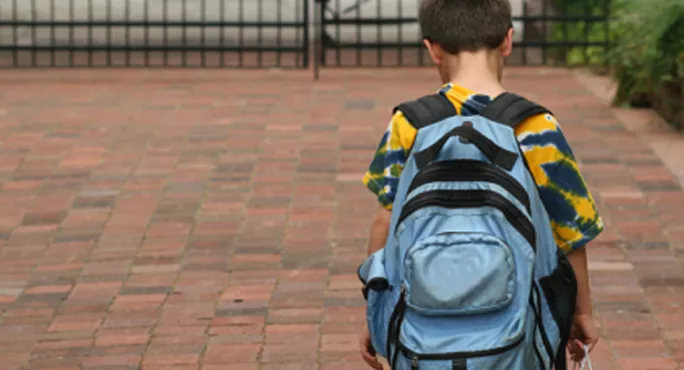The child poverty map of the UK published today by the End Child Poverty coalition provides a shocking indictment of government policies and their impact on low-income families.
The UK is the world’s sixth-largest global economy yet in some parts of our nation more than half of children now live in poverty.
That means one in every two children not having enough to eat, not being properly clothed, their families falling behind with rent and at risk of homelessness. Families not being able to feed the fuel metre for heating and hot water and not having money for books, school equipment, toys, baby necessities, let alone treats or days out.
Across the UK, more than four million children now live in poverty. Despite the government’s mantra, work does not provide a guaranteed route out of it. According to the Children’s Society, more than two-thirds of children in poverty have at least one parent in work.
Poverty projected to rise
Research by the End Child Poverty coalition demonstrates that the poorest families in the UK pay higher prices than better-off families for basic necessities. A family living in poverty is likely to have to pay nearly £1,700 more than a higher income family for essential household items like a cooker, energy and home insurance.
Levels of poverty are also projected to rise in the next five years, with the Institute for Fiscal Studies (IFS) predicting that there will be 5.2 million in poverty by 2022. The IFS also predicts that low-income households with children will fare worse than other households.
The gap between the wealthiest and poorest parts of the UK are stark. In some parliamentary constituencies, one in 10 children grow up in a family in poverty. In Theresa May’s constituency of Maidenhead, the rate is 13.6 per cent. Yet in the poorest constituencies - such as Bethnal Green and Bow, where the child poverty rate is 54 per cent, or Birmingham, Ladywood where it is 53 per cent - 16 children in every class of 30 are poor.
Furthermore, the End Child Poverty coalition’s research shows that some of the most deprived areas of the UK have experienced the biggest increases in child poverty since the previous figures were released in December 2015 - a rise of up to 10 percentage points, in some areas.
Unequal society
One child in poverty is one child too many, but there can be no excuse for these disparities. In the 21st century, the UK remains a deeply unequal society where a child’s life chances are too greatly determined by the circumstances and even the place in which they are born.
None of this is inevitable. The growth in child poverty is a direct result of the policies implemented since 2010 in the name of austerity. Austerity is not inevitable, it is a political choice. And how the consequences of austerity fall is also a political choice - even now, despite all the warnings from experts, the government is pressing ahead with the implementation of Universal Credit, which will drive more families into poverty and worsen the position of those already below the poverty line.
Local authorities might once have been able to provide a buffer for their residents against the worst impacts of national policies. But this is no longer possible with councils experiencing budget cuts of more than 40 per cent since 2010, resulting in the slashing of services for those most in need. This includes services and subsidies to schools which are now on the frontline of the poverty crisis. Worse still, the Joseph Rowntree Foundation has shown how government cuts to local authorities are disproportionately affecting the poorest areas and the poorest groups.
Schools cannot compensate
Schools can and do make a difference to children’s life chances but if children come to school hungry, cold, scared and without school equipment they cannot learn as well as their better-off peers. Schools cannot compensate on their own for the impacts of poverty.
Yet our joint research with the Child Poverty Action Group (CPAG) using DfE data shows that, under current government school funding policy, schools with the highest number of children on free school meals are facing much higher cuts in funding per pupil than schools as a whole.
The Children’s Commission on Poverty found that a third of children who said their family was “not well off at all” had fallen behind in class because their family could not afford the necessary books or materials. Two in five children in these families said they had missed a term-time school trip because of the cost.
The government must accept that it is responsible for policies that are worsening levels of pay and support for those who need it and that this lack of support does impact in children’s achievements at school. It is government’s responsibility to put this right. Then schools can get on with doing what they do best, educating children to achieve their unlimited potential, wherever they live, and from whichever family they are born into.
Kevin Courtney is the joint general secretary of the NEU teaching union. He tweets @cyclingkev
Want to keep up with the latest education news and opinion? Follow Tes on Twitter and Instagram, and like Tes on Facebook



